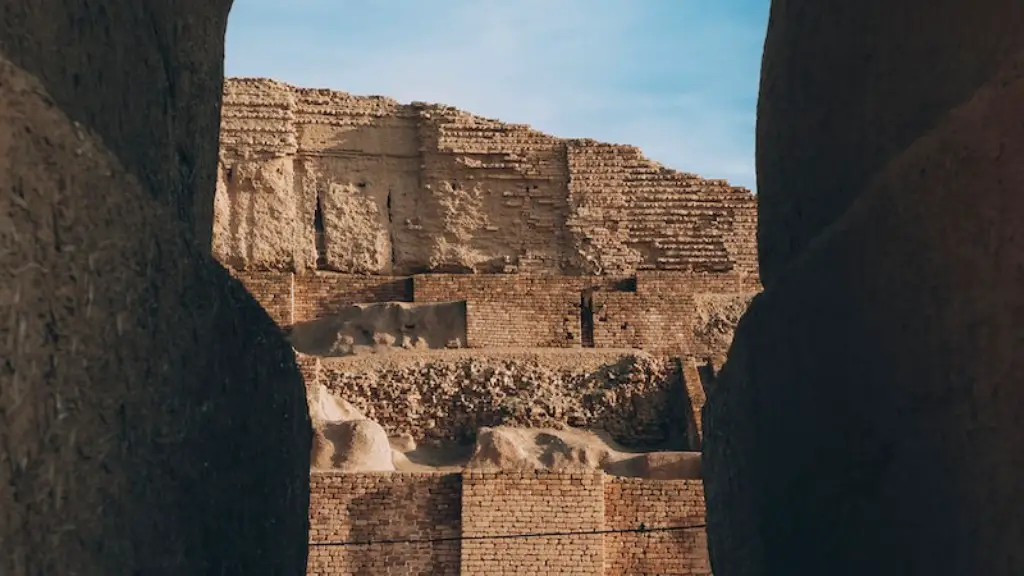Embarking on a voyage through the illustrious seven hills of Rome is akin to traversing a living tapestry that weaves together the threads of myth, history, and grandeur. Each hill, a sentinel of time, offers a unique lens into the ancient heart of the city, revealing a narrative rich in both ruin and splendor. Herein lies an exploration of these storied heights, where the echoes of a vibrant past still resonate.
Palatine Hill

Palatine Hill, the most emblematic of Rome’s peaks, is the cradle of Roman civilization. This elevated terrace was once the residence of emperors and aristocrats, a symbol of opulence that stood proud amidst the sprawling Forum below. As you wander through its ruins, the whispers of emperors and poets intertwine with the breeze, suggesting stories of power and decadence that once flourished here.
Capitoline Hill

Onward to Capitoline Hill, the religious and political nucleus of ancient Rome. This monumental site houses the revered Temple of Jupiter and remains a monument to collective aspirations. Standing here evokes a profound sense of purpose, as if the very stones of the temple pulse with the vigor of a city’s ambitions. Visitors are drawn into a reverential silence, contemplating the intersection of governance and divinity.
Aventine Hill

Aventine Hill, a tranquil escape from the bustling city, is often overlooked yet holds a charm that beckons the soul to pause. Here, one can discover serene gardens and ancient monasteries, places of contemplation against the backdrop of roaring history. It is the perfect sanctuary for those seeking solace, allowing the mind to merge with the echoes of the past.
Caelian Hill

Next, Caelian Hill emerges, a site of nobility lined with stunning villas that once encapsulated the epitome of Roman lifestyle. The fading frescoes and crumbling statuary whisper tales of lavish banquets where the elite reveled. Walking these cobbled paths stimulates an imagination ripe with visions of grandeur, beckoning you to recreate the glories of yesteryears under the sundrenched sky.
Esquiline Hill

Esquiline Hill, the largest of the seven, presents a mosaic of contrasts. Its ancient ruins coalesce with the vibrancy of contemporary life, a vivid reminder of Rome’s perpetual transformation. Here, the remnants of opulent villas whisper of artistic endeavors and intellectual pursuits that adorned the landscape like delicate brushstrokes on a grand canvas.
Viminal Hill

Visit Viminal Hill, the smallest yet possessing an elegance that belies its size. It cradles the famed Baths of Diocletian, an architectural marvel that showcases the engineering prowess of the ancients. This hill invites exploration of both its intimate spaces and expansive grandeur, encouraging a thoughtful reflection on the delicate balance of utility and beauty.
Quirinal Hill

Lastly, Quirinal Hill, crowned with the majestic Quirinal Palace, serves as a testament to the enduring legacy of imperial dignity. As one gazes upon this regal edifice, a reverberation of history compels a deeper understanding of the intertwining of the sacred and the secular, offering a metaphorical compass that guides the journey through Rome’s timeless narrative.
In exploring the seven hills of Rome, one does not merely walk upon the earth; one walks through the very essence of history, collecting stories, dreams, and the wisdom of ages past. Each hill beckons, inviting you to ascend, reflect, and connect with the grandeur of ancient wonders.
